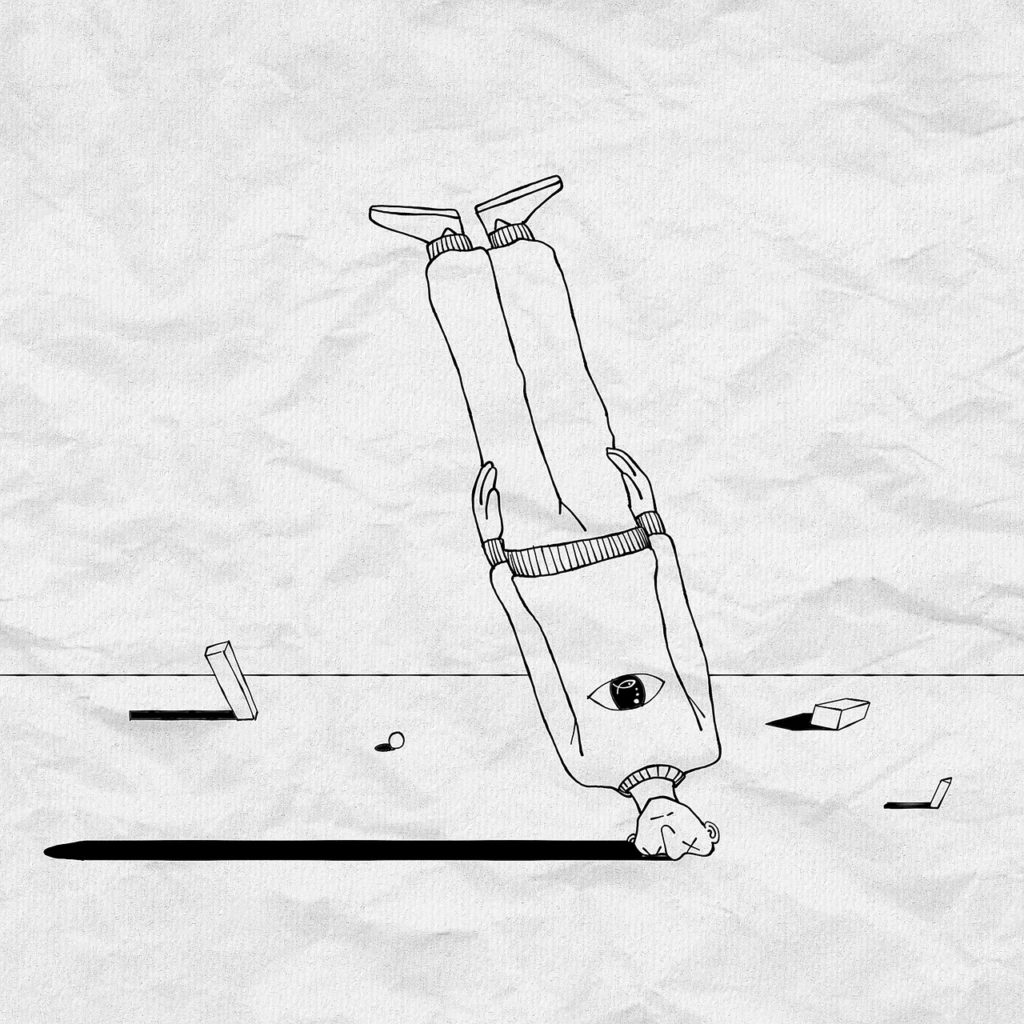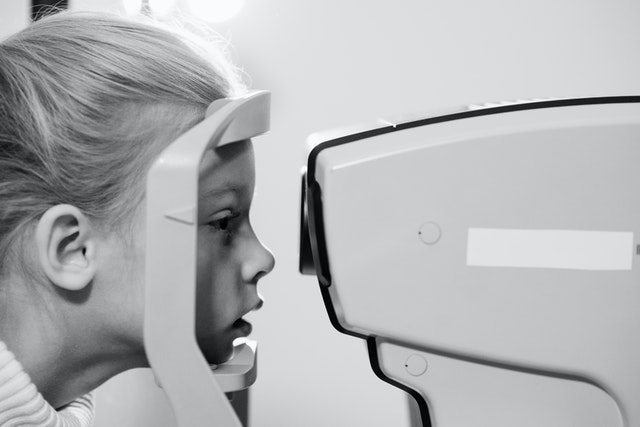Our eyes change as we progress through different life stages. Some people will find they don’t need glasses at all until they reach their senior years. Others will require prescription lenses early in their childhood. The prescription lenses you need can vary depending on your age and any changes in your vision. Here’s a general guideline for each stage of life:
Childhood and Adolescence (Up to Age 18):
Many children may not need prescription lenses during this stage. However, if vision problems arise, common issues like nearsightedness (myopia), farsightedness (hyperopia), or astigmatism may be addressed with glasses or contact lenses. It is important to have your child’s vision tested yearly from age X onwards. Advances in lens technology have made it possible to slow down the progression of myopia if it is detected early.
Young Adults (18-40):
This age group may continue to experience changes in vision. Prescription lenses may be needed for various conditions, including myopia, hyperopia, astigmatism, or presbyopia (difficulty focusing on close objects because of aging). Many people in this age group often use glasses or contact lenses for daily activities. Those who work on a computer for much of the day may need anti-fatigue lenses to assist with seeing the screen. Those who work in a warehouse or industrial setting could require prescription protective goggles to ensure they can work safely.
Middle Age (40-60):
Presbyopia becomes more pronounced during this stage, making it more common for individuals to need reading glasses or progressive lenses to correct both near and distance vision. Some people may also continue to need correction for myopia, hyperopia, or astigmatism.
Senior Years (60+):
Vision changes continue to occur, and prescription needs may evolve. Conditions like cataracts, glaucoma, and macular degeneration become more common, often requiring specialized lenses or surgical intervention. Additionally, presbyopia may worsen, necessitating stronger reading glasses or bifocal/trifocal lenses.
It’s important to note that individual vision needs vary, and regular eye exams with an optometrist or ophthalmologist are essential for determining the correct prescription lenses at any stage of life. These professionals can assess your vision and recommend the appropriate lenses based on your specific needs and any underlying eye conditions.
If you would like assistance with determining the best lenses for your needs, be sure to visit an Optometrist to get all your questions answered. You can make an appointment with us online at https://sightcareoptometry.com/.
Note: This posting is for informational purposes only and does not attempt to diagnose or
recommend treatment for any condition. Please refer to the Ontario Association Optometrists website (https://optom.on.ca/eye-health-library) for more information or consult an Optometrist if you are experiencing eyesight issues.






